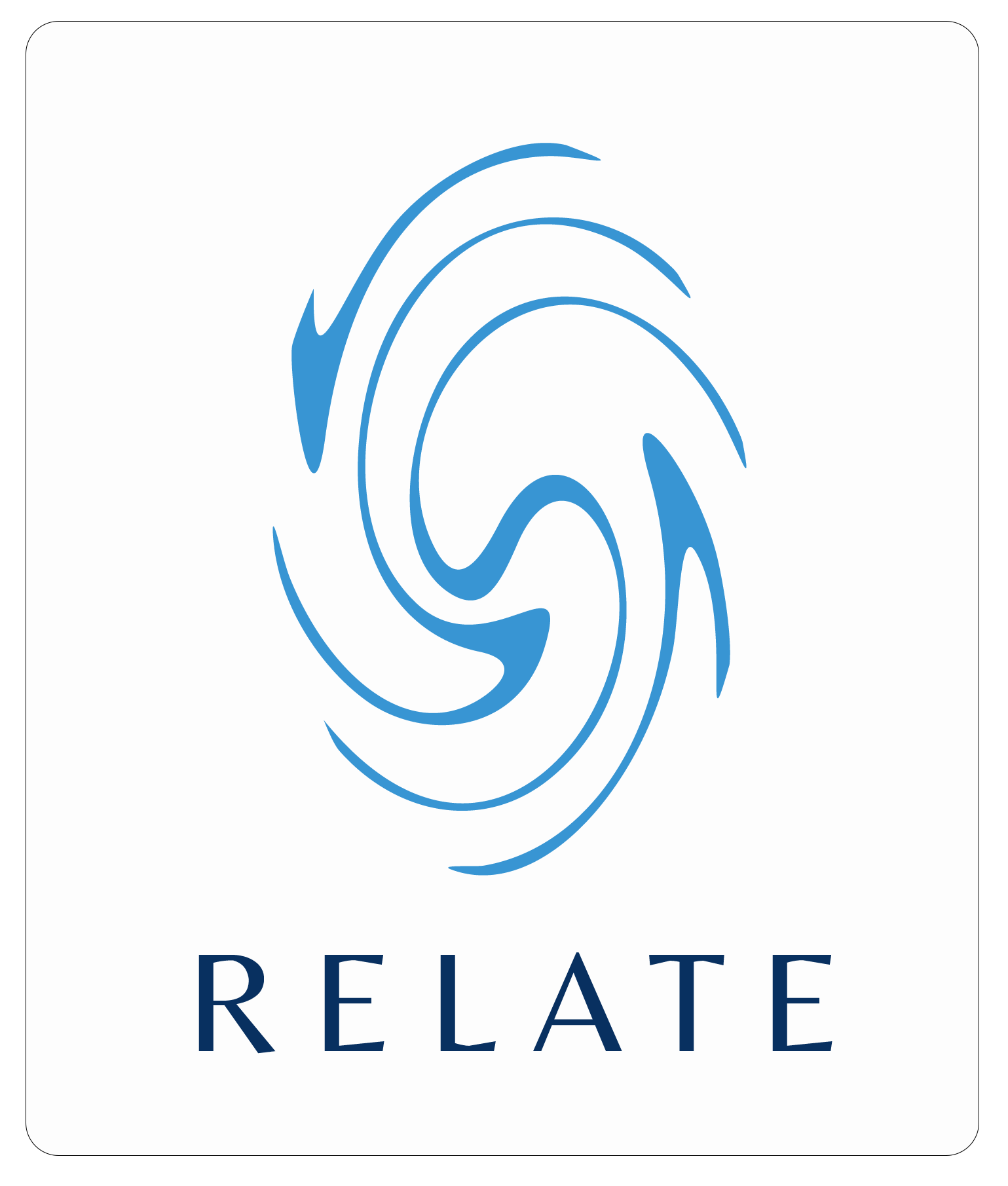How does ADHD Affect Relationships?
It's very common for one partner to wonder if the other partner has ADHD. If you (or your partner) has ever worried about the following questions, you might benefit from learning more about ADHD in relationships.
Will I ever feel fully heard and understood in my relationship?
How will ADHD-related issues like forgetfulness and impulsivity impact the frequency of fighting?
Will I constantly feel like I have to remind and organize my partner?
How will my partner's forgetfulness about important dates, conversations, or tasks, create problems with follow-through on commitments?
How might impulsive spending or financial decisions affect our financial stability and future?
How can I best navigate my partner's intense mood swings, emotional reactivity, or quick temper?
Will my partner's distractibility or focus on solo interests limit the quality time we have together as a couple?
Over time, will I feel resentful if I perceive I'm shouldering more of the relationship or household burdens?
If you answered 'YES' to any of these questions, you may want to learn more about ADHD, treatment options, and how to make your relationship better. Relate has created a two-part course 'Strengths Based Relationship Therapy for ADHD' which is included in the School of Love.
ADHD Relationship Education and Empowerment
A good ADHD specialist educates the individual and their partner about ADHD. They empower the person with ADHD to understand their strengths, develop self-advocacy skills, and learn strategies to thrive.
Relate's ADHD Relationship Specialist, Cath Baker uses a Strengths based approach to help couples.
Improving Follow Through in ADHD Relationship Therapy Example Video
The following video is an excerpt of 'Strengths Based Approach to ADHD Relationship Therapy' an online course.

Managing Black and White Thinking in ADHD Relationship Therapy



Strengths Based Approach to ADHD Relationship Therapy
< Listen to excerpts of the course on the videos to the left.
When one partner in a relationship has ADHD, it can create unique challenges that strain the bond between the two individuals. Traditional couples therapy often focuses on deficits and problems, which may not be the most effective approach for ADHD relationships.
Learn about your options for ADHD treatment and ADHD Relationship Therapy in this online course. Cath Baker, Certified ADHD Coach and Relationship Therapist, explains how stigma, shame, and criticism, can lead to low self-esteem and frustration in relationships. Then she explains her focus on strengths, which bolsters the ADHD partner's confidence and sense of competence, making them more receptive to addressing challenges.
Moreover, people with ADHD typically have vivid imaginations, high energy, and innovative thinking - traits that can enhance a relationship when channeled constructively. A strengths-based approach helps the couple leverage these advantages to inject creativity, spontaneity, and passion into their interactions.
Additionally, strengths-based therapy encourages active problem-solving and empowerment. Rather than just discussing problems, the couple learns to collaboratively harness their combined strengths to overcome ADHD-related hurdles. This builds a sense of mastery and hope for the future.
Importantly, this approach also recognizes the neurotypical partner's strengths and contributions. It acknowledges the patience, organization, and emotional regulation they may bring to the table, and helps them understand how to best support their ADHD partner without feeling resentful or burned out.
By focusing on mutual respect, collaboration, and the enhancement of existing strengths; strengths-based ADHD relationship therapy offers a more balanced and empowering path forward. It helps the couple capitalize on their collective potential, rather than merely trying to fix perceived deficits. In this way, the relationship can flourish despite the presence of ADHD, leading to greater fulfillment and resilience for both partners.
ADHD Relationship Counselling Example: "Black and White" Thinking
I common to hear couples complain of rigid, linear, right/wrong or black and white thinking. This often causes conflict, disconnection and a sense of being alone. If this is a concern that you have, listen to how Cath Baker helps couples work through this problem.
Hear an Example of how ADHD Coach and Relatonship Therapist, Cath Baker, works with rigid thinking in counselling in the video below. This is an excerpt from 'Strengths Based Approach to ADHD Relationship Therapy.'

Improving "Black and White" Thinking in ADHD Relationship Therapy
Cath Baker: ADHD Certified Coach and Relationship Therapist
Relate is privileged to have Cath as a team member. She may be the only ADHD Certified Coach and Specialist Relationship Therapist available in Auckland. While she lives in Sydney, she is available for new clients via Zoom.
Gallups Strengths Finder for ADHD
Cath uses a novel approach for helping couples work through ADHD. Often couples get stuck on the negativity around ADHD and miss opportunities to utilise their strengths. Cath uses Gallups Strengths Finder to help couples identify their strengths. From these strengths, Cath utilises couples therapy strategies from IMAGO, Gottman and PORT to help couples communicate effectively and decrease conflict.

